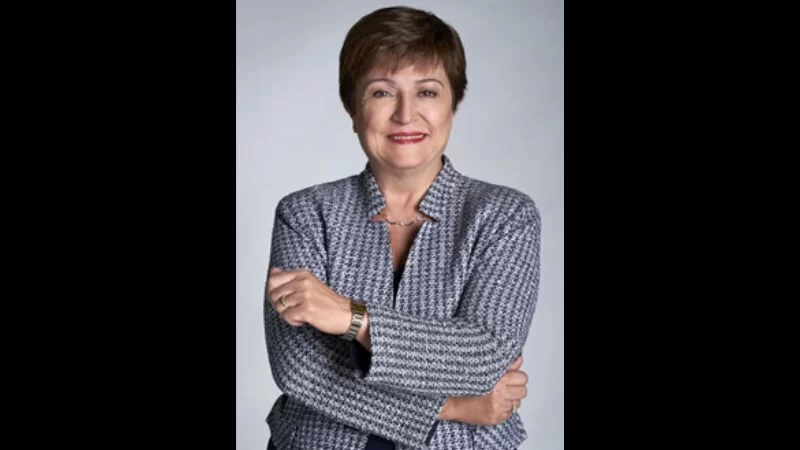Following the inaugural meeting of the G20 Finance Ministers and Central Bank Governors, Kristalina Georgieva, Managing Director of the International Monetary Fund (IMF), issued a statement. The meeting took place in Sao Paulo, with Brazil currently presiding over the Group of 20.
The Group of 20 (G20) is an international forum for economic cooperation, comprising finance ministers, central bank governors and heads of state who convene annually. Beyond macroeconomic issues, the group's discussions encompass trade, sustainable development, health, energy, environment, climate change, anti-corruption measures and agriculture according to the G20 webpage. In 2023, India held the presidency.
Georgieva was part of the G20 meeting in Sao Paulo and issued a statement post-meeting. She expressed her gratitude towards the Brazilian Government for their hospitality and commended Minister of Finance Fernando Haddad and Governor Roberto Campos Neto for their commitment to an ambitious G20 agenda.
"I would like to thank the Government of Brazil for their warm welcome and hospitality," she said. "Brazil’s economy continues to perform well, and its policy reforms should help lift growth prospects and living standards of Brazilians. I applaud the authorities' plans to steer Brazil’s transformation to a sustainable, inclusive and green economy."
According to an article by Associated Press on February 29th, Brazil's heads of state suggested at this recent meeting that a global tax on super-rich individuals should be implemented to curb tax evasion issues. Haddad told the publication that his country aims for a declaration on international taxation by G20 members by July 2024.
In her March 1st news release statement, Georgieva referred to 2024 as a challenging year for policymakers. She urged G20 members to remain aware of three key points: persistent inflation risks due to potential geopolitical shocks or other supply disruptions; complacency about weak growth; and the need for vigilance if interest rates remain high for an extended period.
"We must be vigilant for early signs of stress and systematically address vulnerabilities, especially in non-banking financial institutions," Georgieva cautioned.

